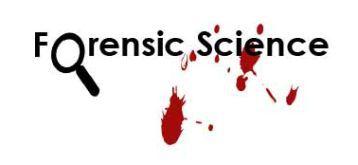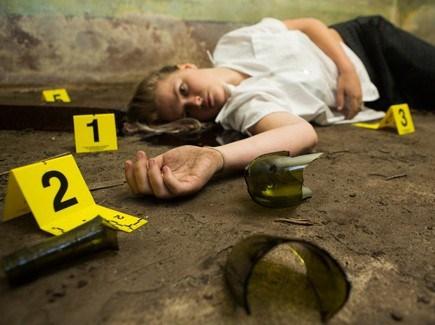Forensic science is science related to the law. It is applied science and consists of a range of different disciplines which often require different underpinning science knowledge. It continues to evolve and is now applicable to crime disruption and crime prevention as well as crime detection and the identification of victims in mass disasters. It follows from this that forensic science means the use or application of science in courts or legal proceedings. Thus any form of science such as medicine, pathology, odontology, biology, chemistry and engineering can, if presented in evidence by a qualified person merit the title 'forensic'. It is obvious that forensic science is not a discipline or branch of science, but is a catch-all for many distinct disciplines that may be used to help in the determination of a court case, either civil or criminal.

CSI: Crime Scene Investigation has been particularly popular, leading to a number of spin off shows, books and video games. It has even created a so called 'CSI effect' where members of the public have exaggerated expectations of forensic science due to their use on television shows.
In a typical criminal investigation crime scene investigators, sometimes known as scenes-of-crime-officers (SOCO's), will gather material evidence from the crime scene, victim and/or suspect. Forensic scientists will examine these materials to provide scientific evidence to assist in the investigation and court proceedings, and thus work closely with the police. Senior forensic scientists, who usually specialize in one or more of the key forensic disciplines, may be required to attend crime scenes or give evidence in court as impartial expert witnesses. Examples of forensic science include the use of gas chromatography to identify seized drugs, DNA profiling to help identify a murder suspect from a bloodstain found at the crime scene, and laser Raman spectroscopy to identify microscopic paint fragments.

Forensic science is often used in relation to criminal matters, a lawyer may want to prove someone was present at the location of a crime for example.
While some forensic tests can be completed in as little as an hour, others may take months. There are a large range of specialist fields in forensics including forensic pathology, forensic toxicology, forensic anthropology, forensic chemistry, DNA analysis, forensic entomology, computational forensics and more.In the case of forensic entomology, scientists examine insects found in and around human remains to determine the time of death.Forensic toxicology studies the effect of drugs and poisons on the human body in relation to medical and legal situations.The famous fictional character Sherlock Holmes used forensic science as one of his methods for investigating crimes.
* Information on the traditional uses and properties of herbs/ animals/ yoga/ places are provided on this site is for educational use only, and is not intended as medical advice. all image credit goes to their Photographers.
